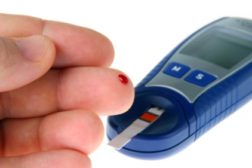Workplace Health
Cleaner air? Bad for business? Opinions divided about EPA's proposed carbon standard
U.S. Chamber vows to fight it
March 28, 2012
Never miss the latest news and trends driving the safety industry
eNewsletter | Website | eMagazine
JOIN TODAYCopyright ©2024. All Rights Reserved BNP Media.
Design, CMS, Hosting & Web Development :: ePublishing









